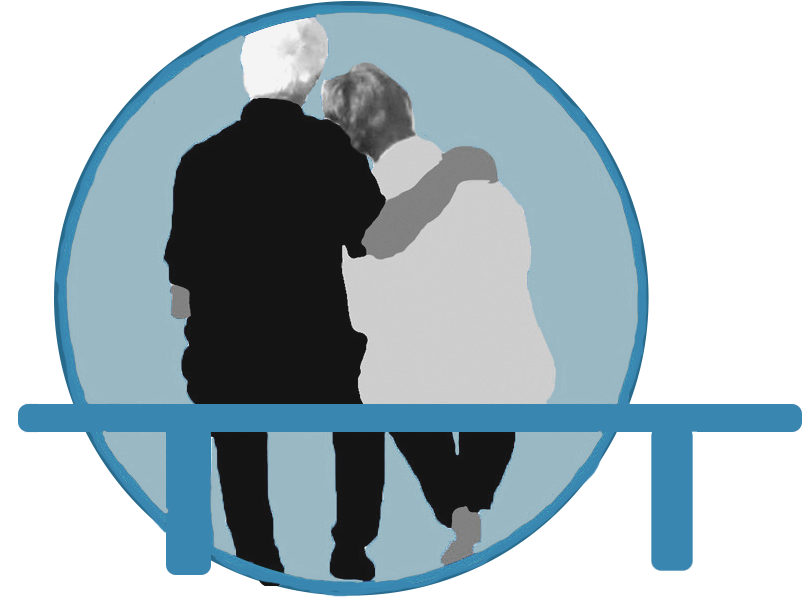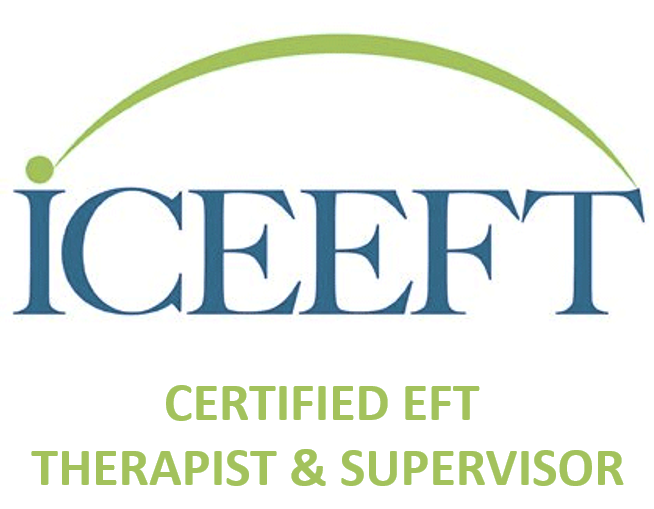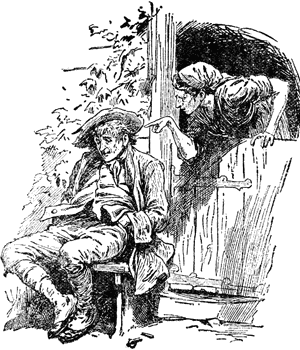One of the main things we do in couple therapy is pay attention to the process and patterns in your relationship. We do this to help open the flow of meaning and of those necessary emotional experiences that need to flow between you.
We become involved with the recurring qualities in your relating that seem to express deeper feeling and deeper meaning. We attend to subtle experience, as well as the more obvious aspects of what happens between you. What we are aiming to do together is to free from protection, those feelings and experiences that seem unacceptable to feel or to express. We are aiming to bring to the surface, for processing between you, the deeper and better aspects of yourselves that are always part of your relating, but which tend to be hidden from yourself and your partner. When those deeper and better parts become visible the currents that carry emotional safety, closeness, profound recognition, regard, and collaboration can be open between you.
The frustrating patterns in your relationship may have become so predictable that you feel little hope. Fortunately there is lots of room for change. Many things can help us change that sense of an endless and unsatisfying loop. Our feelings can soften. Self-expression can free-up and allow the more pure tones of anger and hurt. New recognition and empathy toward each other bring us closer. Working together to take apart these patterns can bring a sense of team-work and pride. We process the various parts of these patterns and new possibilities emerge. These are some of the particular and unique contributions that couple therapy can make to improve your relationship.
Couple therapy supplies safety and structure where this can happen. Not only are the old patterns unraveled so that new things can happen, but therapy can be described as a playground where you can experiment (play) with a different process of interaction. A successful therapy leads to your continuing ability to do this without help. You become the playful masters of your relationship’s process.
Thanks for reading,
Robert Ogner November 4, 2007


